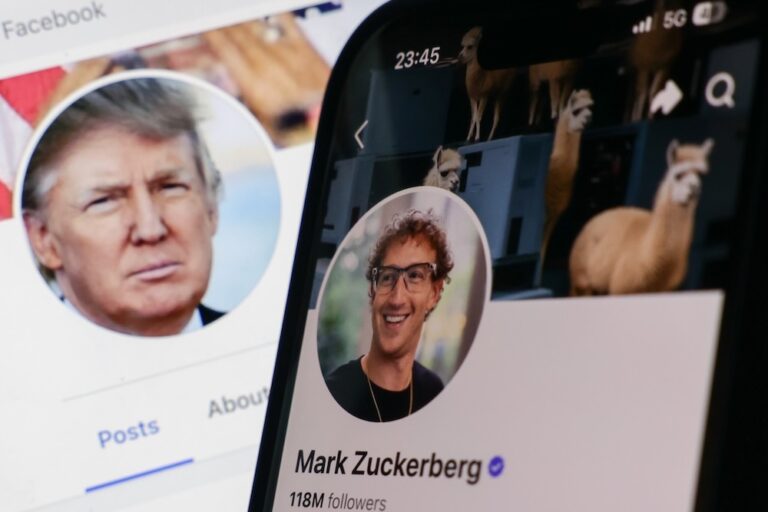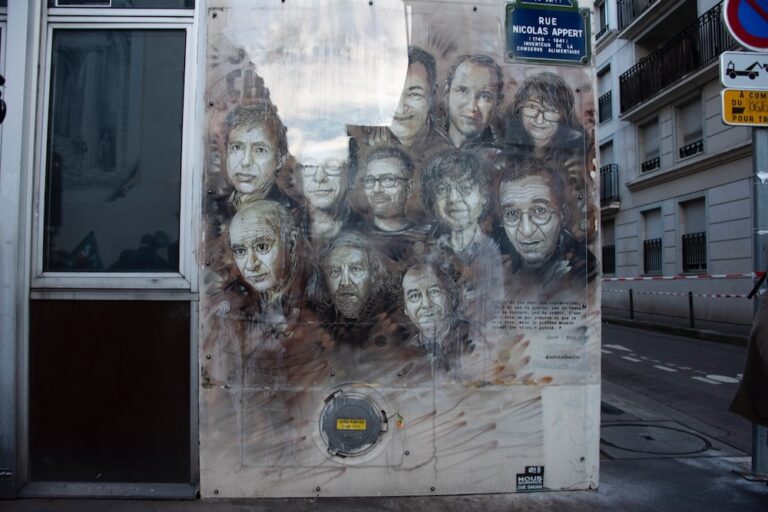There has been a rise in new laws around the world that restrict free speech online. To ensure that Internet regulation is compatible with human rights and democratic principles, lawmakers must follow certain basic guidelines, says Freedom House.
(Freedom House/IFEX) – January 14, 2013 – One year ago, U.S. lawmakers discovered what happens when you mess with the internet, as Google, Wikipedia, Facebook, and millions of ordinary users helped “black out” the net on January 18 to protest SOPA and PIPA – two controversial pieces of legislation that were designed to fight online piracy, but threatened instead to censor the internet and disrupt the way it functions. Since that day, there has been a rise in new laws around the world that restrict free speech online and prompt arrests of internet users, a key trend identified in Freedom House’s 2012 Freedom on the Net report.
There are, of course, legitimate reasons for internet regulations, such as combating identity theft, human trafficking, and trade in child pornography. To ensure that new legal measures are compatible with human rights and democratic principles and effectively meet their intended goals, lawmakers must follow several basic guidelines. Below are five essential principles for internet regulation, and five laws from 2012 that violated them.
1) Be transparent. Governments must ensure transparency when drafting and enforcing laws. The free flow of information is a core principle of the internet, and is impossible without transparency. If a government determines that content should be taken down or blocked, it must disclose every instance of such censorship. Though not a government, Twitter follows this principle – when the service blocks content, the action is documented in the Chilling Effects database.
#RuWikiBlackout: A broadly written internet blacklist law in Russia allows authorities to block websites deemed to contain information that would be “harmful to children.” Sites have only 24 hours to comply with government takedown requests before they are totally blocked. Although the government announced that it would publish a full list of all blocked websites at zapret-info.gov.ru, users can currently only search for one website at a time to determine whether it is blocked. Although this is a step in the right direction, requiring users to search for individual sites falls short of true transparency.
2) Seek and incorporate input from technical experts and civil society. Lawmakers must consult technologists and internet experts when drafting internet regulations to ensure that they will not have unintended consequences and are fair, effective, and reasonable. As U.S. Representative Jason Chaffetz warned of the SOPA process, “We’re going to do surgery on the internet, and we haven’t had a doctor in the room tell us how we’re going to change these organs.”
#BlackoutJO: In Jordan, an amendment to the 1998 Press and Publications Law ordered “electronic publications” to obtain media licenses and regulate site comments, prohibited insulting the royal family online, and allowed authorities to block websites without a court order. The amendment was approved despite the valid criticism that it is unreasonable to require site owners to monitor high volumes of user comments, and to force sites that could fall under the vaguely defined category of “electronic publications” to follow the same restrictive policies as print media outlets.
3) Use specific, not vague, language. Much of the danger in bad internet laws comes not from the language the authors put in, but rather from what they leave out. For example, legislation may seek to control “sharing” of content, but what does this mean? Sending a file? Tweeting a link? “Liking” a Facebook post? When terms aren’t carefully defined, laws have the potential to go beyond the issues they were meant to address and restrict the activities of innocent internet users.
#NoToCybercrimeLaw: The Philippines’ Cybercrime Prevention Law of 2012 would extend the country’s vague libel law to online speech, with a maximum penalty of 12 years in prison, and leaves open the possibility of writers facing “double punishment” for libel if their work appears both online and in print. Anyone who “shares” offending content online could end up behind bars, but the term “share” is undefined. Following petitions from civil society, the Supreme Court suspended the law until it can rule on its constitutionality in a hearing set to begin on January 15, 2013.
4) Include provisions for judicial oversight and due process. If websites must be blocked, individuals must be punished, or content must be censored, judicial review is essential to ensure that such actions are legitimate and the law is not being abused. Those charged with violating the law must be presumed innocent until proven guilty, and provided with the opportunity to defend themselves.


